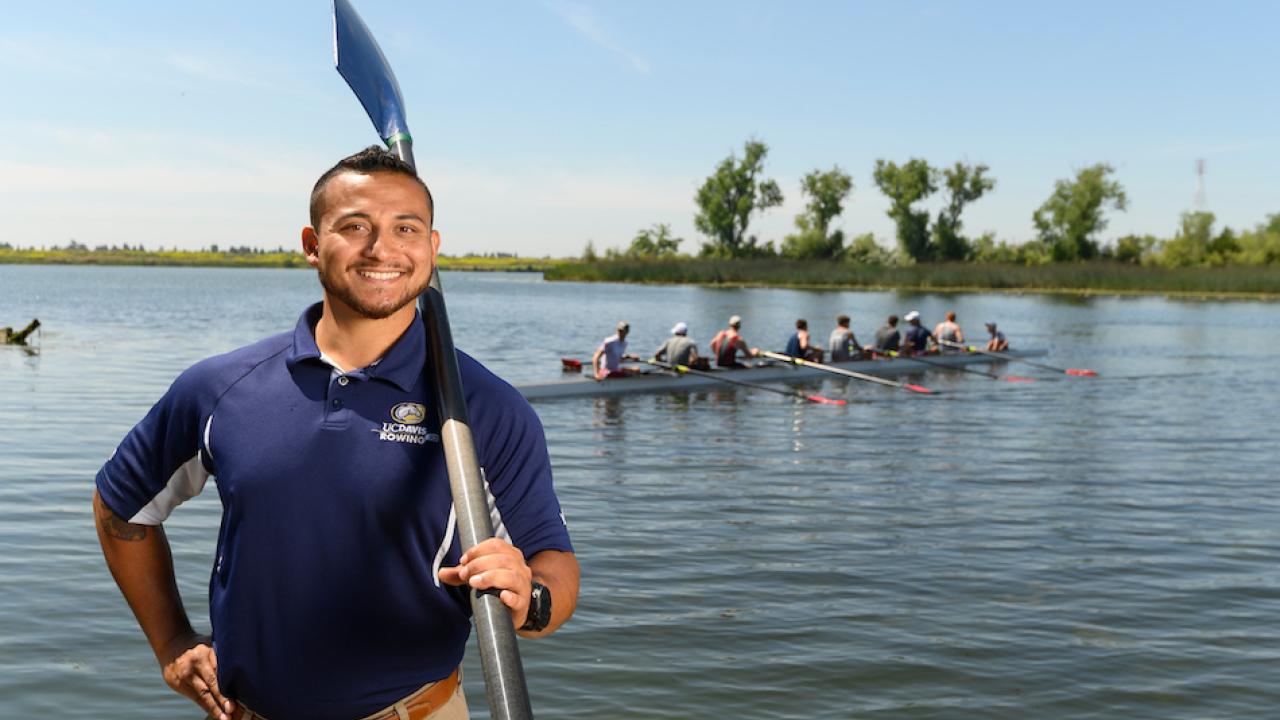Many students feel daunted when they juggle between navigating college and planning a career. As a first-generation college student, you might especially struggle to tackle these tasks at the same time.
First-generation college students often face academic, financial and cultural challenges. You may also face anxiety about belonging. Career planning may not be on the forefront of your mind because you’re addressing more immediate needs and priorities.
But beginning the career planning process early can set you up for long-term career success. For example, students who engage with the Internship and Career Center (ICC) during freshman year are three times more likely to have a job when they graduate. Here are five things you can do to be career-ready as a first-generation college student.
1. Build community as a first-gen college student
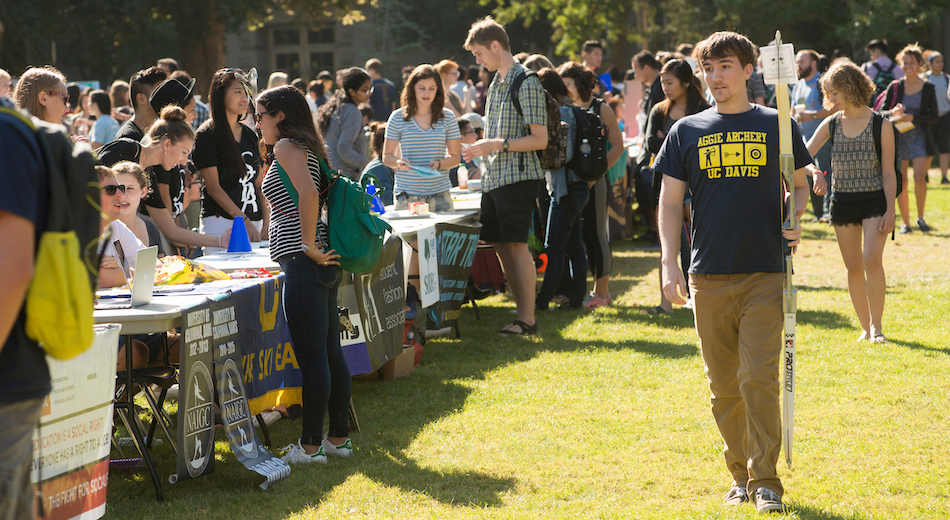
Building community is important for your overall college success. Your community can help provide you with the support you need while at UC Davis and help you find a home away from home. Get involved in organizations, participate in work-study jobs, and develop friendships to socially integrate yourself into college. Higher levels of integration are correlated to college retention and success (Sommerfeld & Bowen, 2013).
As you explore possible organizations, groups and activities, consider those with educational, professional and career interests related to yours. Visit the Center for Student Involvement to get involved with exciting student organizations and opportunities. In addition, the First Generation Initiative at UC Davis was established to help build community by connecting first generation students with faculty, peers and resources.
2. Visit your career center early and often
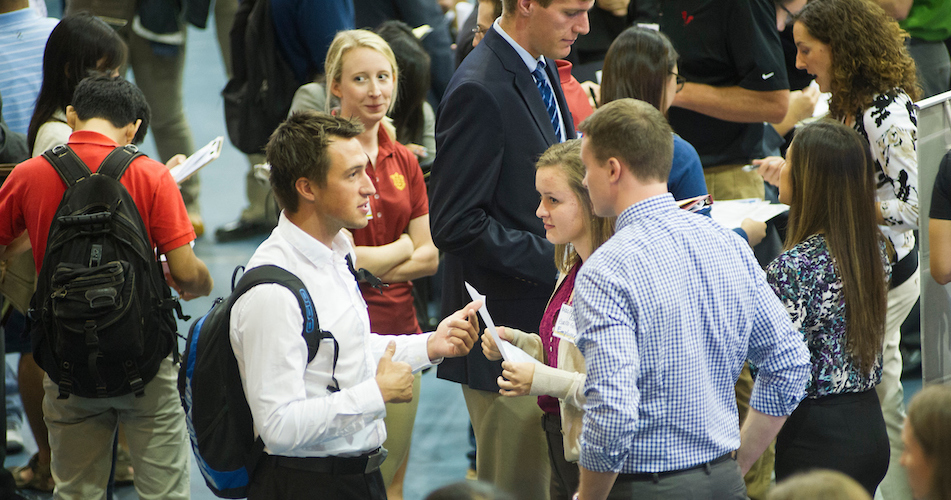
The Internship and Career Center can help you clarify your career goals, build your confidence and competence by connecting you with experiences, and make connections to launch your career.
- If you are unsure of what you can do with you major, schedule an appointment with a career advisor to explore possible career paths.
- If you need help writing a resume or cover letter, finding a job or internship, or preparing for an interview, stop by the ICC to meet with an advisor or attend a workshop or career studio.
- Attend an Internship and Career Fair or an employer information session to learn about possible career options and engage with prospective employers.
The ICC is a great resource to ensure you have the skills and resources to become “career ready.” Whether you are first year student or graduating senior, the ICC will help you meet your needs regardless of where you are on your career path. Visit the ICC website for full list of services and events.
3. Get hands-on experience
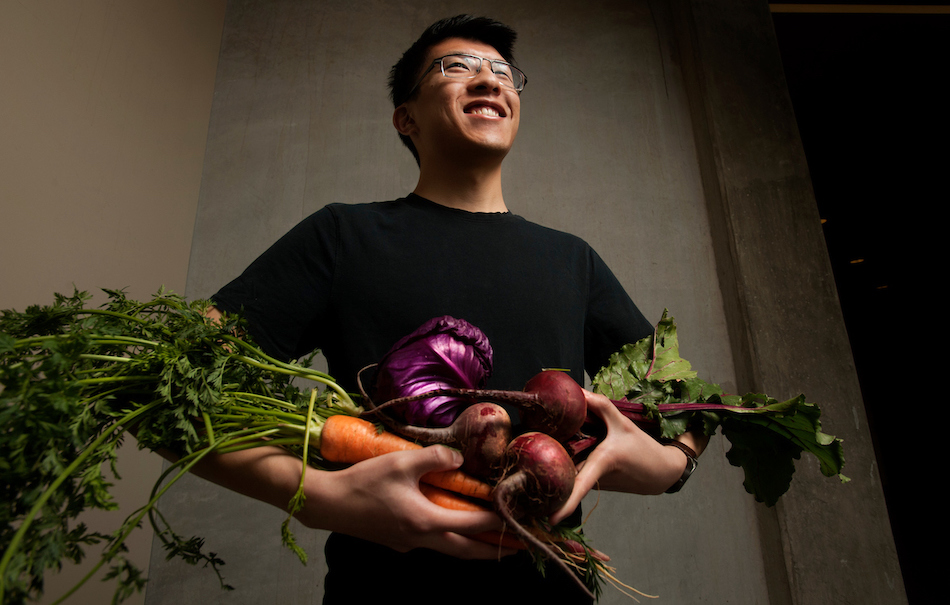
Internships, part-time jobs and other forms of experiential education will help you clarify your career goals through hands-on experience while you develop the transferable skills coveted by employers. Moreover, data from the National Association of Colleges and Employers (NACE) suggests that students who complete a paid internship are more likely to get a full-time job offer.
Log onto Handshake to explore possible internship and part-time job opportunities or stop by for advising at the ICC. If you are interested in research, visit the Undergraduate Research Center (URC) to explore research opportunities.
4. Develop your professional network and social capital
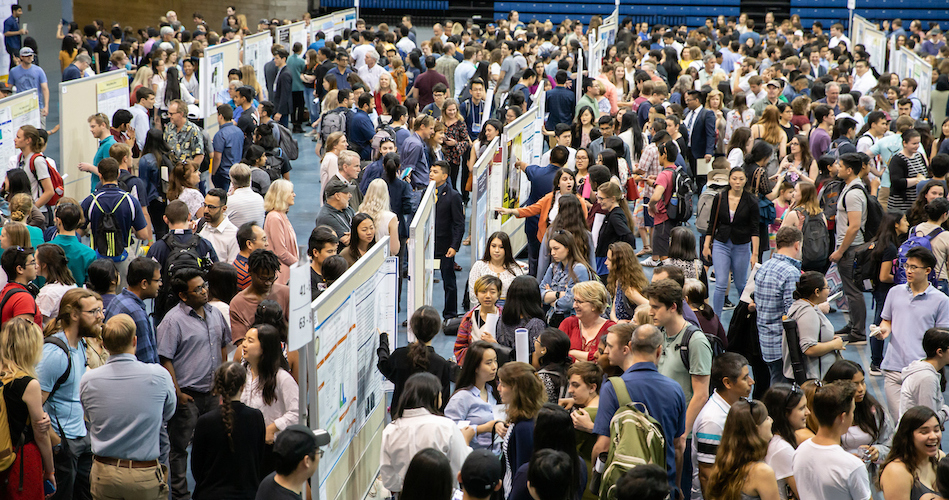
First-generation students often do not have the same social capital and professional networks as their peers. Networking is essential for career success because 80 percent of jobs are not advertised, but rather found through networking and the so-called hidden job market.
While at UC Davis, expand your professional network by developing professional relationships with faculty and staff. Demonstrate interest and engage them in their research, projects and work. Faculty and staff can serve as great mentors and help connect you with other professionals in the field or provide you with valuable resources and information.
Develop your network with other professionals outside of UC Davis, in particular in the career fields you are interested in pursuing. Expand your network by attending internship and career fairs and employer information sessions and events. You could also reach out to people you admire for informational interviews or engage with UC Davis alumni and industry representatives through online platforms like LinkedIn and Handshake.
Attend a “Hacking the Hidden Job Market” workshop for other great strategies on networking. Log onto Handshake for a listing of all the upcoming events and workshops.
5. Look for your inner strengths and skills
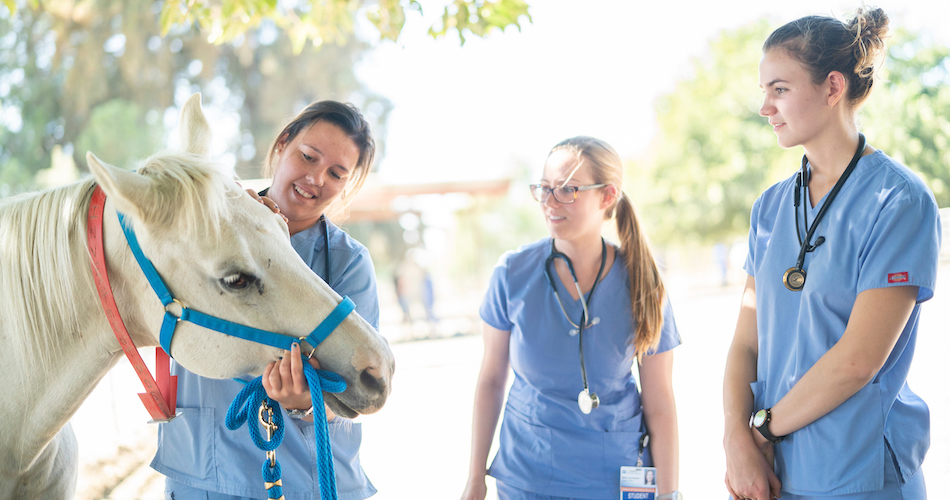
First-generation students often experience imposter syndrome, which is the chronic feeling of self-doubt, inadequacy and a sense of intellectual fraudulence despite evidence of success. It is important to recognize imposter feelings when they emerge and talk to someone about it.
Also, consider the attributes and skills you have developed as a first-generation college student. Among other things, you are resourceful, determined, independent and resilient. These are characteristics and skills that are developed by first-generation students while often independently navigating the complex systems of education and beyond with limited support or resources.
Recognize that you have these and many other skills and experiences to offer prospective employers that can help you succeed in new and unfamiliar places and spaces. You are a first-generation student — and you rock!
Stop by the ICC, and let’s work on developing your career plan together.
Luis Esparza is a first-generation college graduate from UC Davis with bachelor of arts degrees in international relations and Chicanx studies. He received his master of arts in education from Sacramento State. Luis has 20 years of experience working in the field of education in various capacities including the areas of student advising, management and education policy. He serves as assistant director at the Internship and Career Center (ICC). Prior to working at the ICC, he served as the director of Upward Bound and regional assistant director for the Early Academic Outreach Program. Before working at UC Davis, Luis worked as an education consultant for the California State Legislature and completed the Coro Fellows program in Public Affairs.
